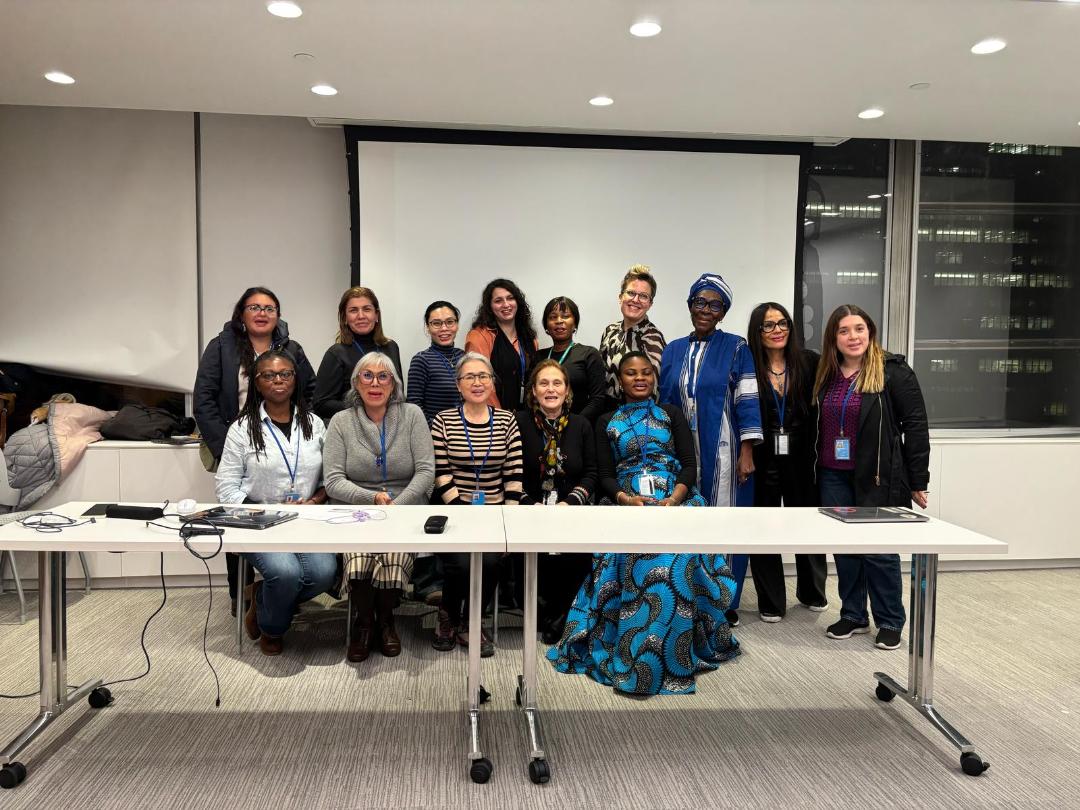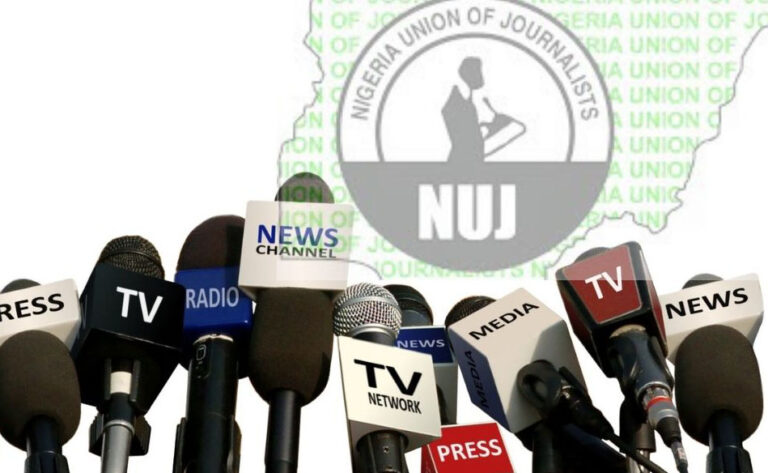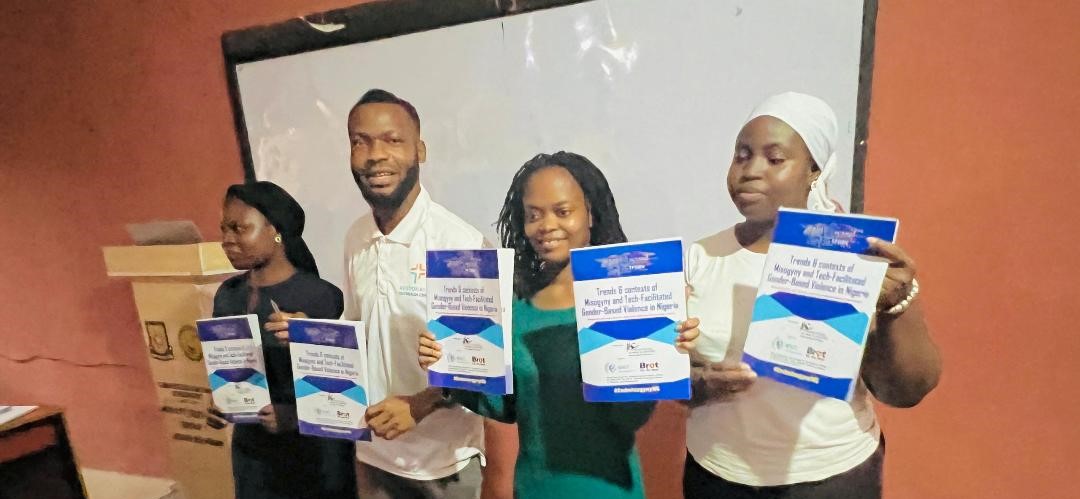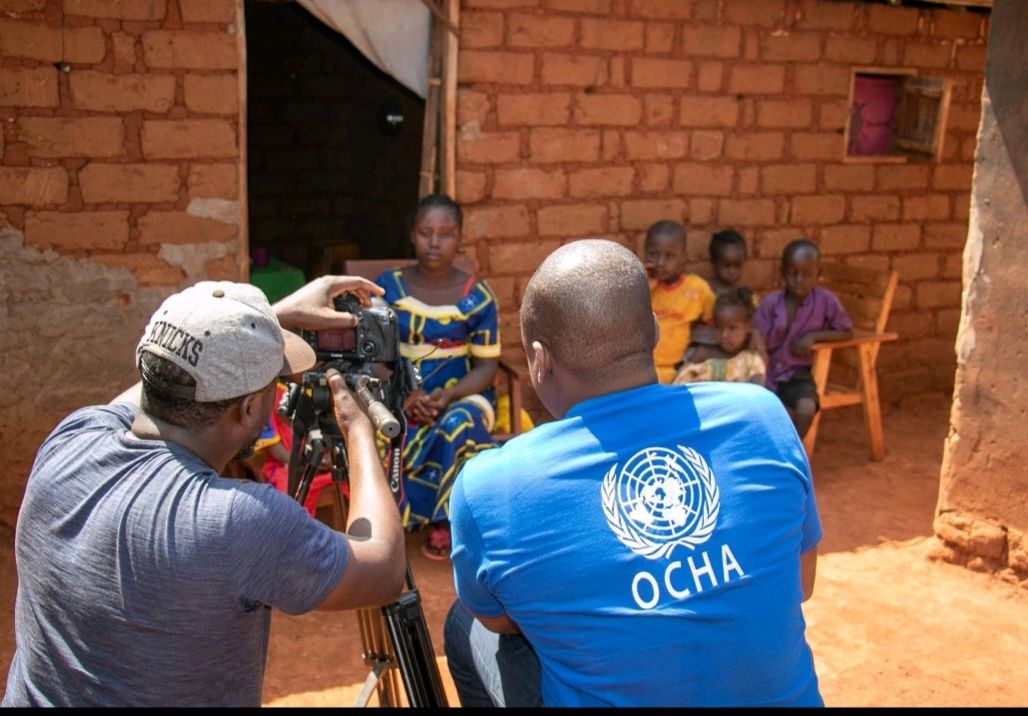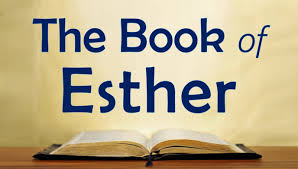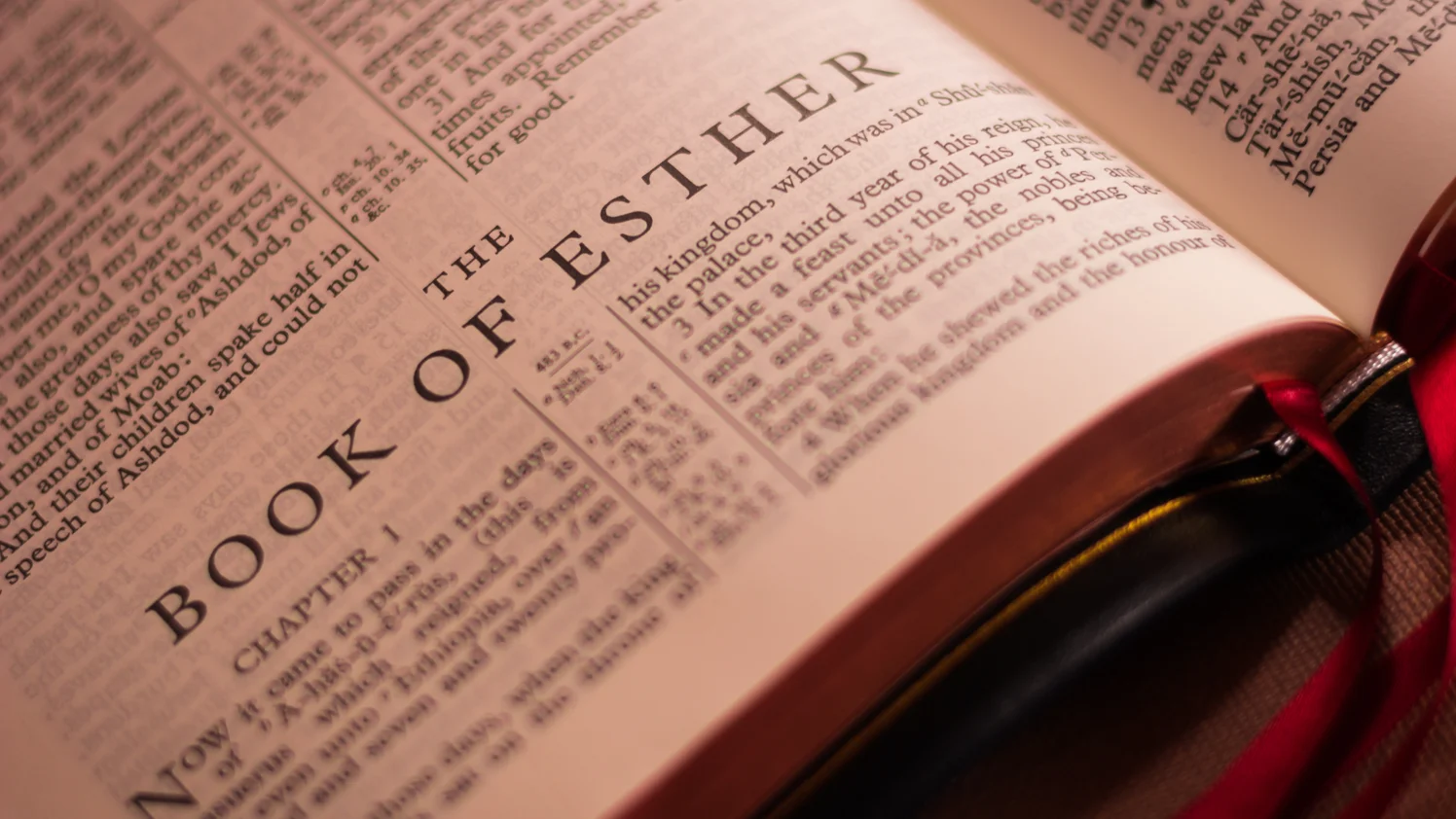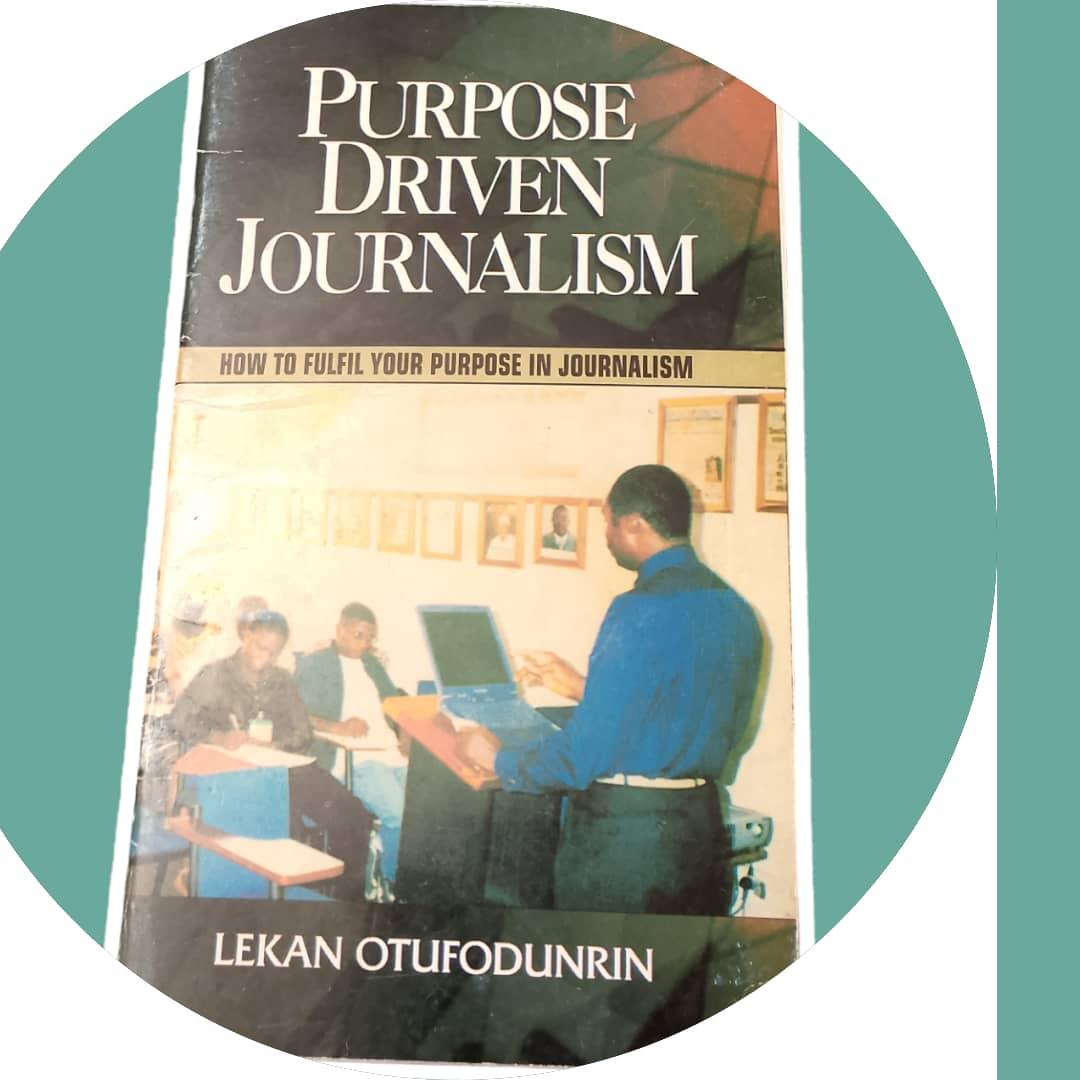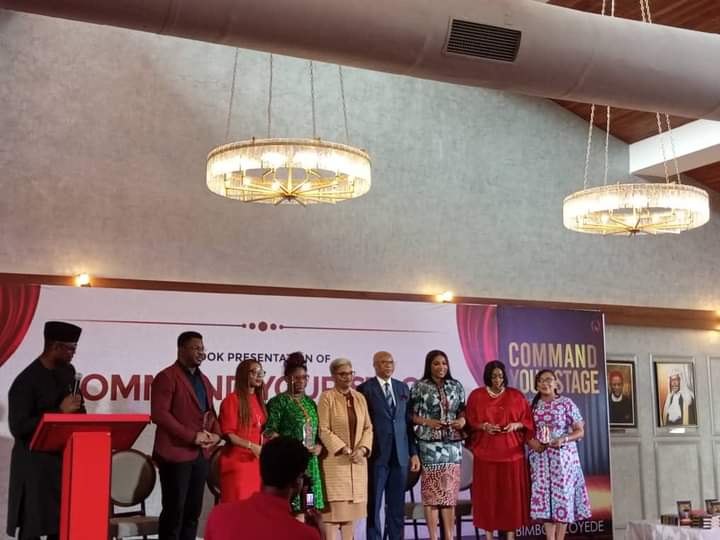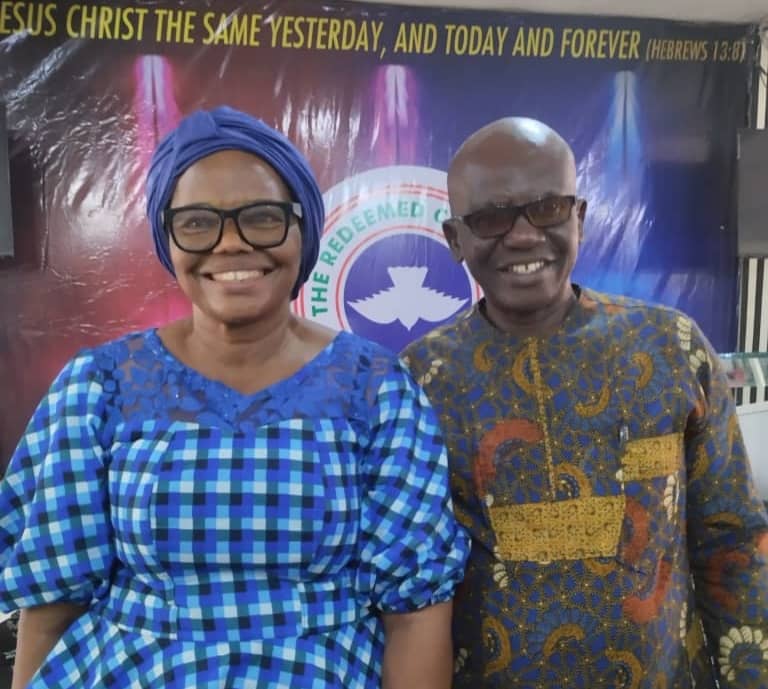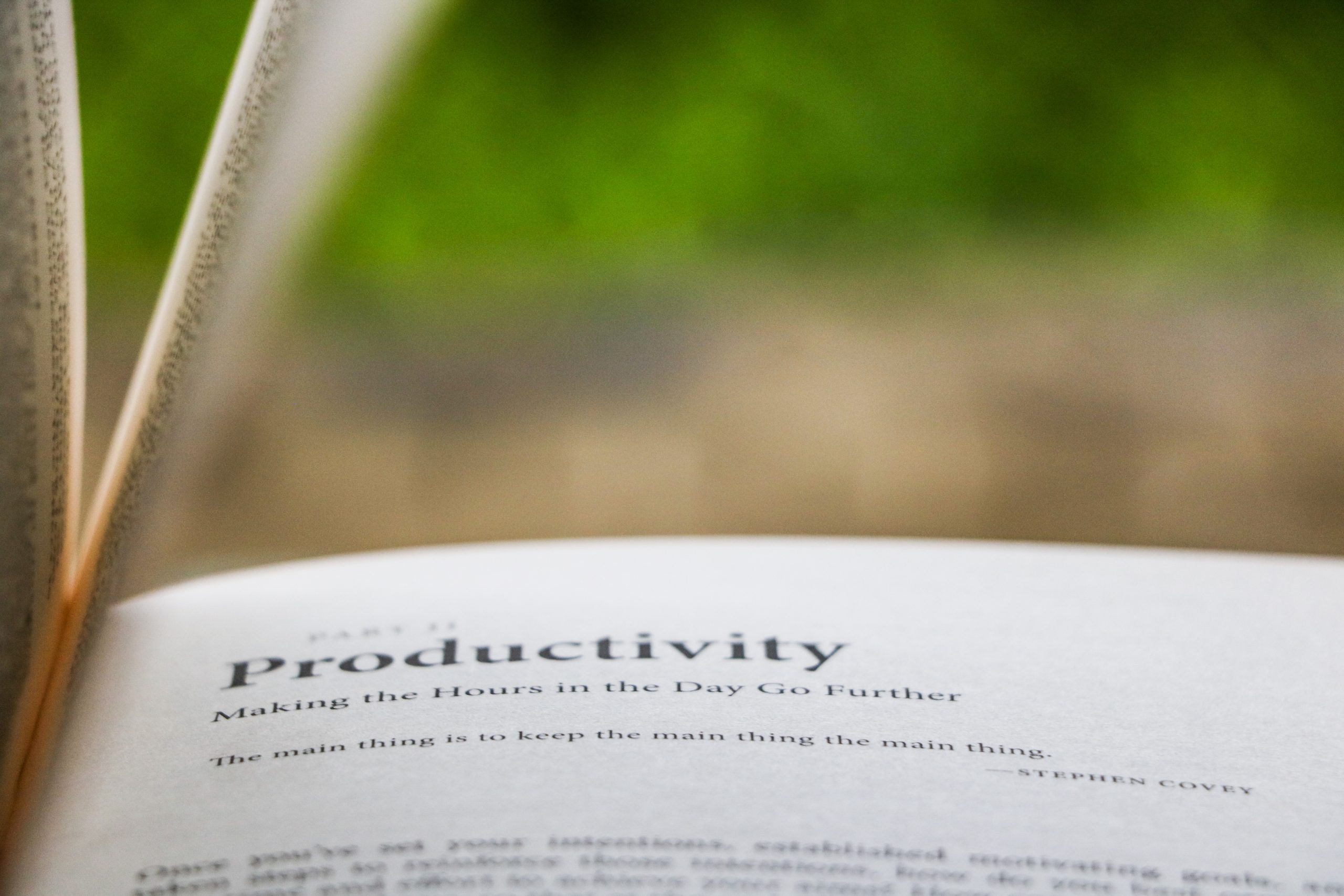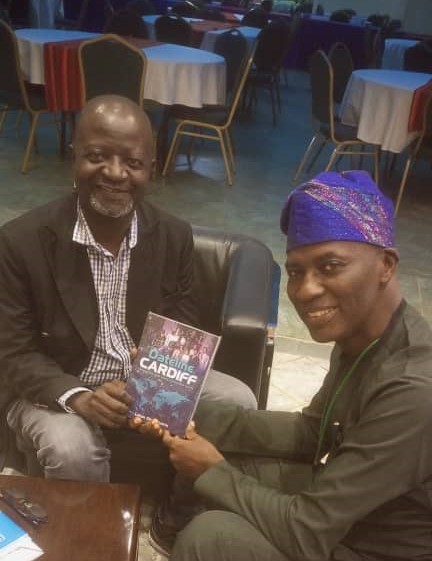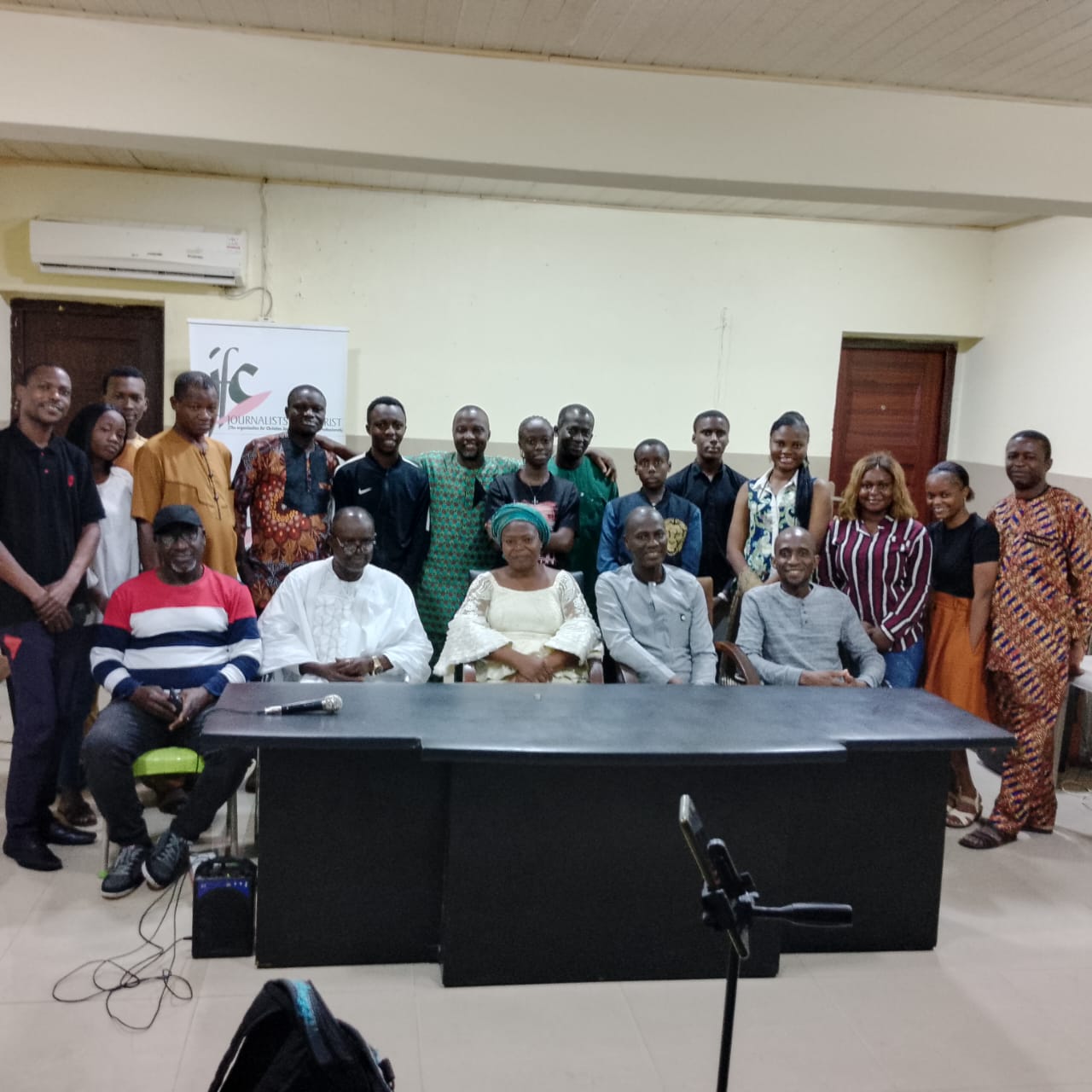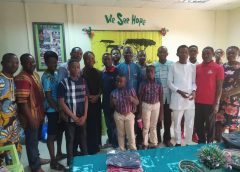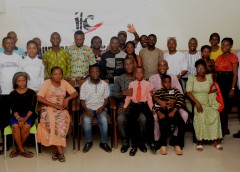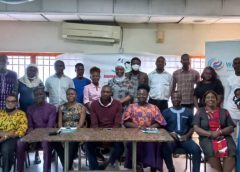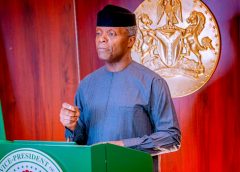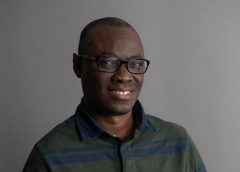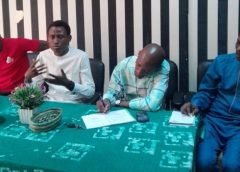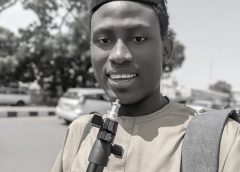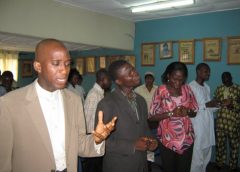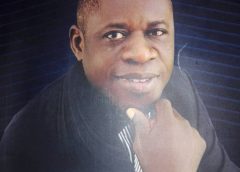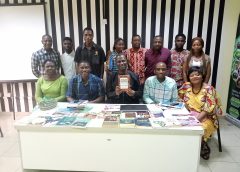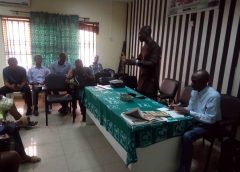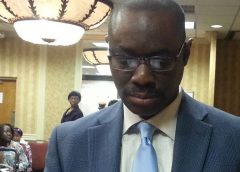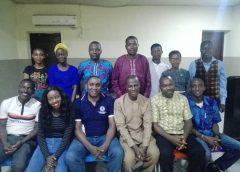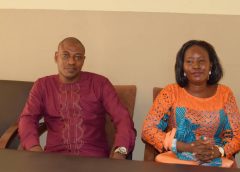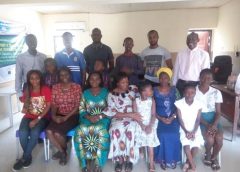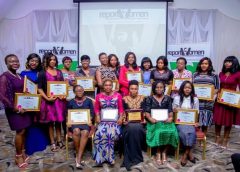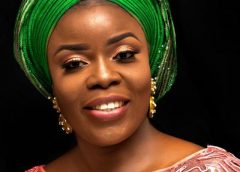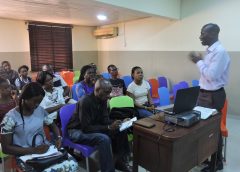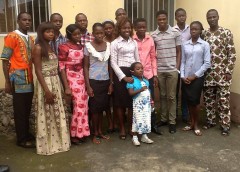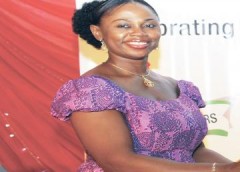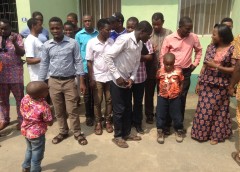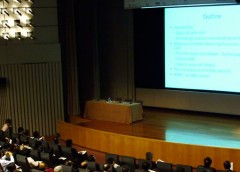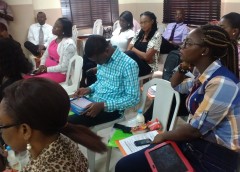
Report by DAYO EMMANUEL
“Often times we seek God’s blessings without seeking to do His will. We look for addition without first seeking the kingdom”. These were the words of Lekan Otufodunrin, President of Journalists For Christ (JFC) at the August fellowship of the group in Lagos.
Otufodunrin, a media trainer and On-line Editor of The Nation Newspapers added that “it is possible to have the desired breakthroughs but those things are not enough to take us to heaven”. He urged Christian journalists to identify with their faith even in a secular environment.
Sunday Paul Onye Editor of The Spring Magazine who noted that the role of Christians in the media is crucial said some journalists attack the government without having first-hand information.
“There is a way we can be anti-government outside the will of God, and write to pitch the people against the government. We should know there is no government installed outside the knowledge of God and endeavor to be objective and know we carry the pen as God’s servants”.
Publisher of Church Times Nigeria, Gbenga Osinaike noted that journalists are sometimes lazy when it comes to investigative journalism. “Sometime journalists fail to investigate stories, it is worse with Christian media and this is a dangerous trend”, he said.
Osinaike, former Assistant Editor at The Punch newspaper added that the way some journalists write on some issues shows that “some of us don’t really know what is going on. It was Claude Eke that once said ‘you don’t criticize what you have not experienced’. When you have experienced something, you are certified to criticize”.
Another participant, Pastor David Adeola Odunayo urged Christian journalists to write for Christ. “I don’t mean we should write Jesus all over our pages but to identify with Christ in our views”, he said. Odunayo who publishes Yoruba Express added that “it is not enough to be moral” “There is a difference between writing for the good and writing for God. We should be ready to be labeled. People of other religions are not ashamed to identify with their faiths why are Christians shy when they come to the public?”He asked.
Administrative Secretary of JFC, Dayo Emmanuel noted that reporters and editors should beware of headlines they cast. “Sometime readers do not read through stories, they only see the headlines and that is all they base their information on. Journalists generally should avoid sensational headlines because instead of solving problems, we can create more when we are not sensitive especially with headlines”, he said.
On the persecution of Christians in northern parts of the country, Odunayo said “Christian journalists often do not highlight the real problems of Christians especially in the north. I have lived in the north and I know the persecution Christians have endured for ages which are not reported”.
Amina Hassan, who runs an NGO and a school for children from northern Nigeria in Lagos said “there is always need for Christians to understand what the issues are before commenting”. Continuing, she said “for instance, there is a house where Christians worship in one of the villages in Muslim dominated north eastern state on which the Muslims painted boldly an inscription in their local language that reads ‘house of bastards’. To avoid more trouble, the Christians endured to be so labeled and continue to worship at that centre for the sake of Christ, these are things to really understand and talk about”, she noted.
Corroborating Amina’s point, Ayokunle Samuel, a youth corper serving in Taraba State also noted that “there are lots of reports Christian journalists can write other than criticizing every government”.
“There is a little settlement in a Christian dominated area in Taraba, where Christians are not allowed to reside or build. We were even warned as Christian corps member not to go to the area”, he said. Ayokunle added that “despite the fact there are about 80-90% Christians among the journalists in the north, they don’t report the most sensitive issues”.
